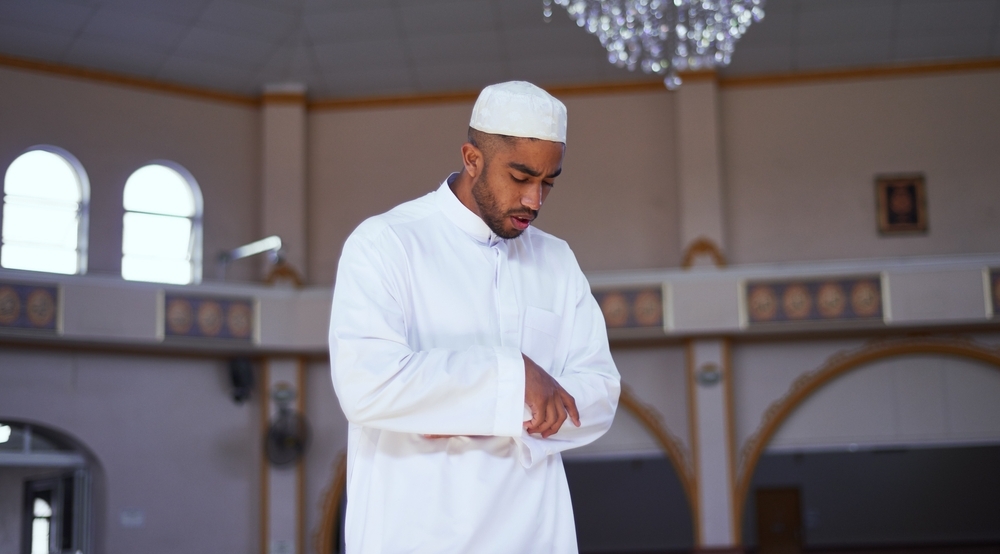What Must I Do If I Make a Mistake in Recitation in Prayer?
Hanafi Fiqh
Answered by Shaykh Yusuf Weltch
Question
I read your Answers to the questions, and now I know that unintentional pronouncing mistakes don’t invalidate my prayers, but if these mistakes happen to me, what should I do after they happen? Repeat the word that I said wrong and go on as usual. Or should I do Sajda al-Sahw? Or Both? What is it’s in al-Fatiha?
Answer
In the Name of Allah, the Most Merciful and Compassionate
Accidental Mistakes
If one has made a mistake in recitation, if one can repeat the word with proper recitation, then repeating the word before moving on is preferred.
Note that this is only when one accidentally erred in the recitation. If one has trouble pronouncing certain letters or constantly errs in the same place, they should not repeat as this may lead to doubts (waswasa).
Prayer is Still Valid
However, these are mere recommendations; if one does not repeat the word, the prayer remains valid, and no prostration of forgetfulness is due.
This applies to all prayer recitation, whether al-Fatiha or any other chapter/verses of the Quran. [Ibn ‘Abidin, Radd al-Muhtar; Shurunbulali, Maraqi al-Falah]
Advice
I would advise seeking out a teacher of Quranic recitation. This will help you fix any mistakes you are making in your recitation.
Hope this helps
Allah knows best
[Shaykh] Yusuf Weltch
Checked and Approved by Shaykh Faraz Rabbani
Shaykh Yusuf Weltch is a teacher of Arabic, Islamic law, and spirituality. After accepting Islam in 2008, he then completed four years at the Darul Uloom seminary in New York where he studied Arabic and the traditional sciences. He then traveled to Tarim, Yemen, where he stayed for three years studying in Dar Al-Mustafa under some of the greatest scholars of our time, including Habib Umar Bin Hafiz, Habib Kadhim al-Saqqaf, and Shaykh Umar al-Khatib. In Tarim, Shaykh Yusuf completed the memorization of the Qur’an and studied beliefs, legal methodology, hadith methodology, Qur’anic exegesis, Islamic history, and a number of texts on spirituality. He joined the SeekersGuidance faculty in the summer of 2019.
